detail profile clara calamai

Riwayat Hidup
Clara Calamai was born on September 7, 1909 in Prato, Tuscany, Italy.
She was an actress, known for The Adulteress (1946), Deep Red (1975) and Obsession (1943).
She was married to Leonardo Bonzi.
She died on September 21, 1998 in Rimini, Emilia-Romagna, Italy.
Info Pribadi
Peran Yang Di Mainkan Clara Calamai
 The story of Italian cinema under...
The story of Italian cinema under...Cinecittà Babilonia: Sex, Drugs and Black Shirts 2017
The story of Italian cinema under Fascism, a sophisticated film industry built around the founding of the Cinecittà studios and the successful birth of a domestic star system, populated by very peculiar artists among whom stood out several beautiful, magnetic, special actresses; a dark story of war, drugs, sex, censorship and tragedy.
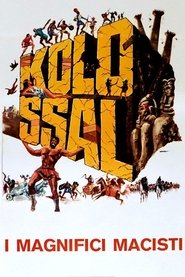 A documentary on the history of...
A documentary on the history of...Kolossal - The Magnificent Macisti 1977
A documentary on the history of Italy's peplum genre.
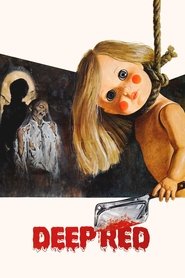 An English pianist living in Rome...
An English pianist living in Rome...Deep Red 1975
An English pianist living in Rome witnesses the brutal murder of his psychic neighbor. With the help of a tenacious young reporter, he tries to discover the killer using very unconventional methods. The two are soon drawn into a shocking web of dementia and violence.
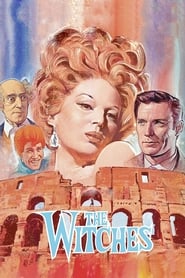 Five short stories loosely dealing with...
Five short stories loosely dealing with...The Witches 1967
Five short stories loosely dealing with the roles of women in society. A superstar actress travels to a mountain resort, only to evoke jealousy from women and lust from men. A woman offers to take an injured man to the hospital. A widowed father and his son seek for a new wife/mother. A man seeks revenge for a woman's honor. A bored housewife tries to explain to her husband that he's not as romantic as he used to be.
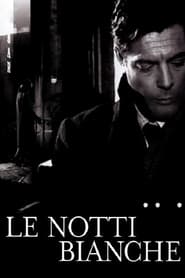 A middleaged man meets a young...
A middleaged man meets a young...Le Notti Bianche 1957
A middle-aged man meets a young woman who is waiting on a canal bridge for her lover's return.
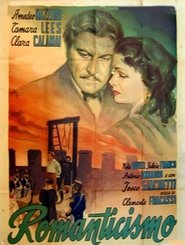 Drama set in Milan in 1858 Dr...
Drama set in Milan in 1858 Dr...Romanticismo 1949
Drama set in Milan in 1858. Dr. Antonio Ansperti from Como, implicated in the clandestine activities of the Young Italy revolutionary movement, is arrested by the Austrian authorities. After a trial he is sentenced to death and executed, in spite of efforts by his countryman Count Lamberti to intervene on his behalf with the Governor of Milan.
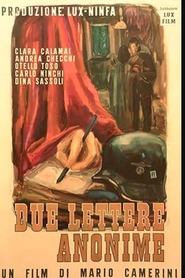 When her sweetheart Bruno joins the...
When her sweetheart Bruno joins the...Two Anonymous Letters 1945
When her sweetheart Bruno joins the Italian army, Gina, bored by her lack of social life, weds Tullio. She comes to regret her decision when Tullio proves to be a Nazi collaborationist. Casting her lot with the Resistance movement, Gina is forced into a difficult decision when the safety of ex-lover Bruno is endangered by the treachery of Tullio.
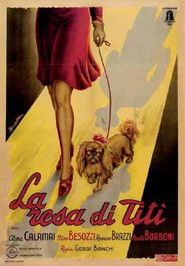 A young diplomat falls in love...
A young diplomat falls in love...La resa di Titì 1945
A young diplomat falls in love with a lady he has followed in the street and in order to establish a relationship, he introduces her into her house proposing a connection between Titì, the lady's dog and her Pekingese. The husband of the woman, somewhat naive, lends itself to the game and the dongiovanni becomes a regular home. The lady knows how to resist the siege and, after the critical moment, speaks clearly to the young man who definitively desists from the enterprise.
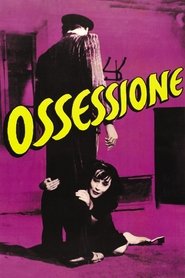 Gino a drifter begins an affair...
Gino a drifter begins an affair...Obsession 1944
Gino, a drifter, begins an affair with inn-owner Giovanna as they plan to get rid of her older husband.
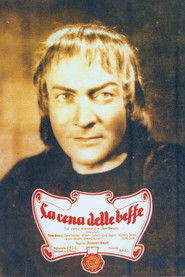 In Florence at the time of...
In Florence at the time of...The Jester's Supper 1942
In Florence, at the time of Lorenzo de Medici, known also as Lorenzo the Magnificent, the aristocrat brothers Chiaramantesi rule with an iron fist the streets of the city. Ruthless and fierce, the two brothers have chosen as their special victim the innocent and harmless Giannetto. Even though determined to not react to the cruel pranks of the brothers, Giannetto is forced to take a stand when Ginevra, a beautiful girl that works in the Chiaramantesi household, is dragged into the game. To defend his honor and protect the girl, Giannetto works out a fiendish plot that will end in blood and madness.
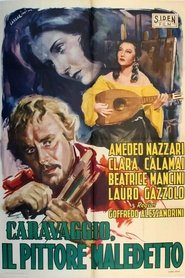 Caravaggio il pittore maledetto is a 1941...
Caravaggio il pittore maledetto is a 1941...Caravaggio, il pittore maledetto 1941
Caravaggio, il pittore maledetto is a 1941 Italian historical drama film directed by Goffredo Alessandrini and starring Amedeo Nazzari, Clara Calamai and Lamberto Picasso. Nazzari portrays the painter Caravaggio as a wayward genius. It was one of his favourite screen roles.
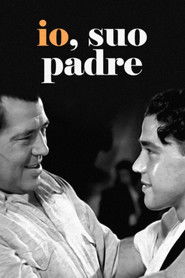 An exboxer has trained his own...
An exboxer has trained his own...I, His Father 1939
An ex-boxer has trained his own son and leads him on to win the middle-weight championship of Italy. But the boy falls easy prey to a woman of light morals and renounces the hard work of sport to follow her to a winter luxury resort and at a certain moment, offers to marry her but she, not wanting to give up an advantageous connection, turns him down, advising the youth to not change the nature of their relationship. Then, the boy feeling the entire baseness of his situation, returns home to his parents who welcome him back with joy and takes up again a commitment to sport.
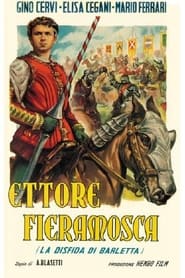 ETTORE FIERAMOSCA was based on a...
ETTORE FIERAMOSCA was based on a...Ettore Fieramosca 1938
ETTORE FIERAMOSCA was based on a widely-read literary action epic by Massimo D'Azeglio, published in 1833. Translated to the screen in 1938 by the most important director of the Italian fascist period, Alessandro Blasetti, it was intended to boost current patriotic fervor and pride in the Italian nation, and it contributed to a revival of Italian nationalism.
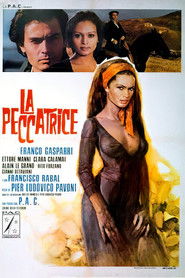 Debra arrives in Sicily with her...
Debra arrives in Sicily with her...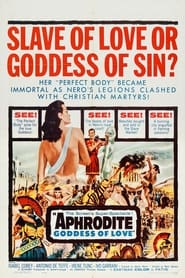 The construction of great temple dedicated...
The construction of great temple dedicated...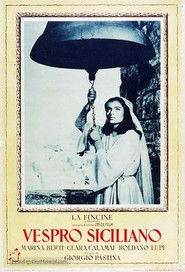 Sicilian Uprising or Sicilian Vespers is...
Sicilian Uprising or Sicilian Vespers is...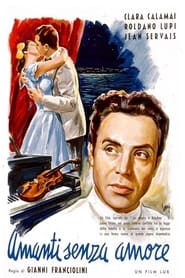 This flashback heavy melodrama is a...
This flashback heavy melodrama is a...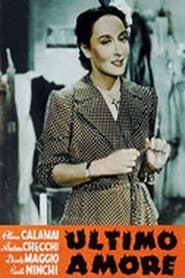
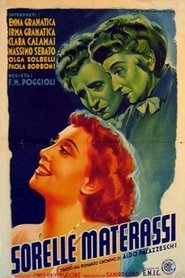 The quiet days of two elderly...
The quiet days of two elderly...